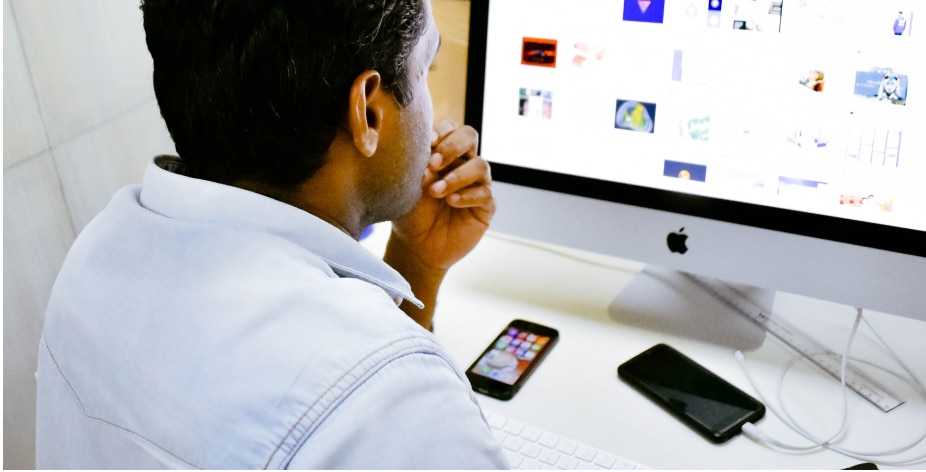If there’s anything we can all agree on, it’s that 2020 was a year unlike any other. The onset of the COVID19 pandemic meant that Australia’s healthcare industries faced unprecedented demand, and had to pivot their operations to meet rapidly changing legal, social, political and technological requirements. With a new year underway, let’s take a look at the technology trends that will shape healthcare in 2021:
Technology Trend 1: Healthcare on Demand
Last year saw government policies shift to allow an increase in telehealth services across the country. Remote technology has provided patients with greater access to their chosen medical professionals, and has offered doctors and support staff safer and more flexible working arrangements. As a result, the need for cloud computing is higher than ever before.
‘Clinic in the cloud’ solutions are helping future-proof Australian healthcare businesses, and are allowing practitioners to move away from outdated technology infrastructure. Cloud systems enable healthcare providers to have complete access to their operational and clinical applications anywhere, anytime. At this point, businesses that fail to upgrade to a cloud-based solution run the risk of being left behind by competitors.
In a similar trend, patients are increasingly using smart devices and mobile apps to track their health. Everything from a person’s heart rate to their blood glucose levels can be monitored and stored online. Other technologies such as online prescriptions and medication delivery services are also gaining popularity and influencing the way that patients interact with their healthcare providers.
Technology Trend 2: Information Security
Of course, with the adoption of new technologies in healthcare comes an increased requirement for security and data protection. As digital becomes our default, Australian healthcare providers need to be more vigilant about the detection and management of cyber threats.
Last year, the Australian Cyber Security Centre reported that ransomware and phishing attacks were on the rise from cybercriminals who sought to disrupt essential services, steal sensitive patient data, or gain access to valuable business systems.
As 2021 gets into full swing, healthcare businesses are having to educate their staff on how to protect themselves from ransomware and phishing attacks. Upgrading and customising technology to perform in a medical setting is an important part of this process, as teams move away from outdated legacy systems. Paying careful attention to antivirus protection will be a larger industry focus as the new year progresses.

Technology Trend 3: Automation and Artificial Intelligence
As medicine goes increasingly digital, Australian healthcare providers will invest more time and budget in automation and artificial intelligence. Automation can help streamline key items often related to administration, employee onboarding and other processes that have typically been manual.
Likewise, artificial intelligence can be used to support customer service in a healthcare environment. AIs and bots can be particularly valuable with everyday processes such as booking appointments, confirming time slots, or answering patient FAQs. Live chat dialogues and text message results are simple examples of these technologies in action.
Technical advancements allow Australian healthcare providers to streamline business processes, provide enhanced patient services, and stay ahead of the competition. If you’re looking to upgrade your healthcare business technology, contact the expert team at GPsupport today.
We work with medical professionals every day to provide best-practice, customised solutions that make sense in a healthcare environment. In addition, we can scale our technological products and services to reflect your business needs. All GPsupport services are adjustable on a month-by-month basis, and are designed to meet your changing business landscape. Our licensing structure ensures that you always have the latest technological tools at your disposal – along with dedicated, personalised support from the GPsupport team.
We look forward to speaking with you soon!
